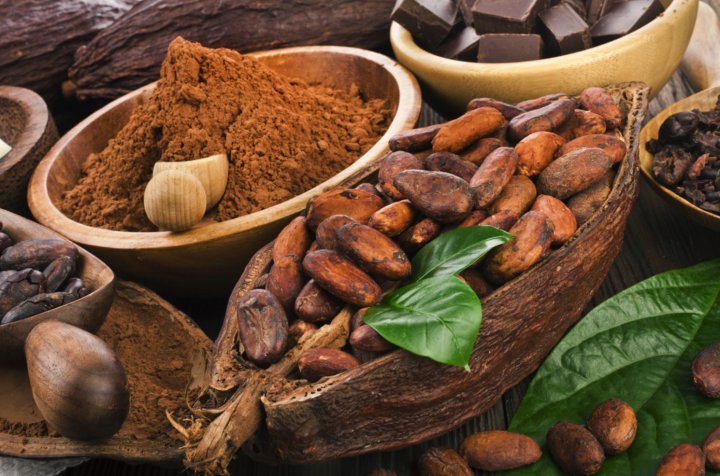Surely at many times you have heard that chocolate constipates (or ultimately causes constipation). But is this true? We reveal it to you.

Surely you have heard from your mother or grandmother a very common phrase, whose belief at least is very widespread among many people: chocolate constipates. In other words, if we stick to the explanation, we find that chocolate is a food that delays the course of the intestinal content and makes it difficult to evacuate. To be even clearer: it causes constipation.
It is true that, in the face of certain pathologies or both digestive and vesicular problems, the consumption of chocolate in particular or cocoa in general can cause this action, but did you know that chocolate does not actually constipate ?
We find ourselves – we could say it like this – before one of those myths and erroneous beliefs that, in addition to not being true, have been passed from generation to generation as if it really were.
The reason is actually very clear: cocoa, which is the basic component of chocolate, is extremely rich in theobromine, an alkaloid quite similar to caffeine.
The truth is that when we consume chocolate in large quantities, there is actually an acceleration of the peristaltic waves, which translates into accelerating the movements of the intestines, causing diarrhea.
To this alkaloid we must also add the presence of cocoa fat, on the one hand, and lactose in milk on the other (if we opt for the milk chocolate variety). Both components can also cause diarrhea, although it is true that their fat content favors the secretion of bile, which translates into a good functioning of the intestines.
To everything indicated above, we must add that it is a food rich in tannins, which stimulate the contraction of the smooth muscle fibers of the small intestine.
What could be the reason for the myth that chocolate causes constipation?
It could probably be due to the fact that chocolate consumed in large quantities can cause indigestion, so that the person has difficulty in normal digestion.
In fact, as we indicated in the previous section, the truth is that in excessive amounts it produces an effect that is popularly known as loosening your stomach (causing diarrhea).
Of course, we must bear in mind that in certain pathologies the consumption of chocolate and cocoa would not be recommended, as for example is the case of irritable bowel syndrome (also known as irritable bowel).
So how do you eat chocolate so it doesn’t cause digestive problems?
As we have mentioned, excessive consumption of chocolate can cause digestive problems, mainly indigestion (that is, the inability of our digestive system to carry out normal digestion). In fact, it is common for this indigestion to be accompanied in turn by other symptoms and related discomforts, such as: gas and flatulence, abdominal bloating, stomach pain…
Even consumed in large quantities it can cause diarrhea, contrary to what is supposed to happen if it were true that chocolate caused constipation. This is due to the presence of theobromine in cocoa, as we have said.
Therefore, the key to get away from all these discomforts and digestive problems, and especially enjoy the different qualities that chocolate offers us safely and healthily, is to consume small amounts of chocolate.
For example, most nutritionists advise eating 25 grams of chocolate every day, especially opting for dark or purer chocolate, so that the purer the higher your cocoa content will be, and its qualities will also increase.
And how much are 25 grams? In order not to always be with the scale in hand, it would be equivalent to more or less 3 pieces or squares of chocolate.































